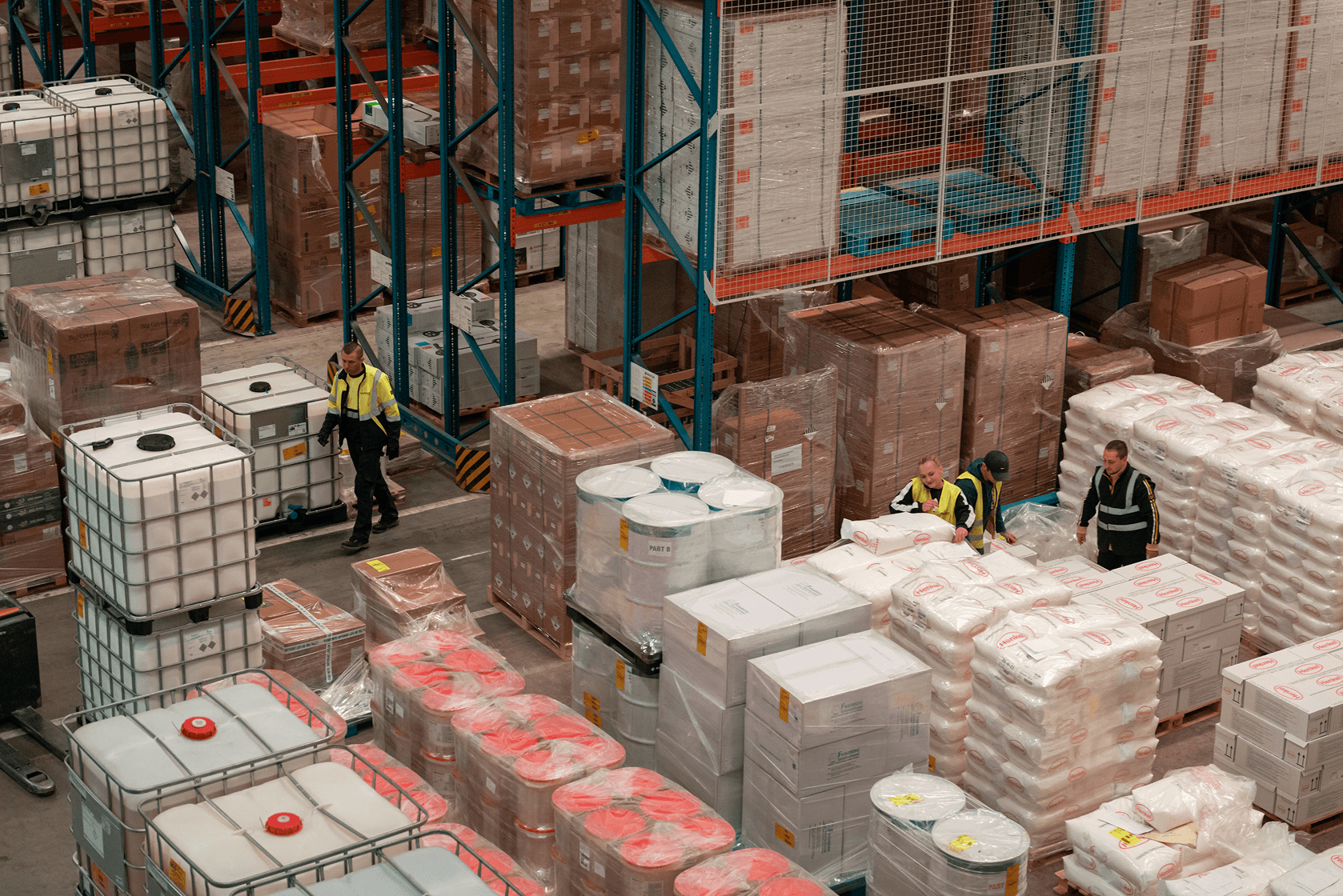Digital transformation
5 challenges the supply chain faces in digital transformation
Digital transformation has been the talk of the industry. From shipping to logistics, transport and warehouses, it covers the entire supply chain. Studies have shown that “digital transformation can reduce costs by 7% to 34% and can lead to additional revenues by 22% to 33%, depending on the industry.”
Despite it being the subject of much discussion, a survey conducted by McKinsey in 2020 reported that “93% of Supply Chain leaders plan to take the necessary steps in digitally transforming their supply chains to keep up with an ever-changing market”. This means that the majority of the Supply Chain is not taking advantage of digital transformation.
So let us dive into what the supply chain digital transformation is, why your operations should digitally transform and what the 5 challenges are that the Supply Chain faces in their digital transformation.
What is supply chain digital transformation?
Supply chain digital transformation is not only leveraging new digital technologies but also a cultural change in your company’s values and goals. It is about adopting a more efficient and agile approach, reimagining your current practices and evaluating your current systems. It allows your business to respond to constantly changing business dynamics and customers expectations while also helping you to keep your competitive advantage.
Why should organizations digitally transform?
Recent worldwide events, like the pandemic and the war in Ukraine, have exposed the weaknesses of global supply chains. This left organizations unable to forecast demand, predict supply and meet delivery schedules. Such disruptions show the need for businesses to speed up their digital transformation initiatives to increase their flexibility, agility and visibility to respond to an ever-changing global world.
5 challenges the supply chain faces in their digital transformation
With these recent disruptions not being the last, businesses understand the need to prepare for the future. Here are 5 top challenges companies face when undergoing their digital transformation.
No clear change management strategy In rolling out your digital transformation, it is crucial to first develop a change management strategy. Your business will be reimagining dated practices to optimized ones, requiring change from everyone involved. Clear objectives and direction need to be in place for the digital transformation to move from paper to the implementation stage.
Poor implementation of new digital technologies. Everyone recognizes the complexity and time investment needed when implementing new digital technologies. The last thing your business would need is to realize at the end of the project that the systems or tools were poorly implemented. To prevent this risk, there should be a dedicated tech savvy team whose responsibility is to oversee the implementation from A-Z.
Insufficient training. When using any new digital technologies, it is important that your people have the necessary training. The goal is to ensure your people feel comfortable with the new systems and technologies. Although new software and systems are implemented to be user-friendly and easily integrated, there is still a degree of learning for your employees to handle the new digital transformation.
External disruptions: From political uncertainties to pandemics and lockdowns, external stressors can become roadblocks and easily take priority. It’s important to remember why a digital transformation is underway in the first place: to mitigate these disruptions.
Aligning your company culture. Digital transformation is not simply leveraging new digital technologies; it’s also a cultural change. It’s important that your people, who are at the heart of your organization, understand the necessity of the digital transformation. Real-time, transparent communication will ensure your people are not left confused and frustrated.
With all that’s been said, a digital transformation is an exciting change that sets your business apart and is necessary in this ever-changing global world. By creating a clear action plan, having a dedicated tech-savvy team own the project from A-Z, ensuring your workforce is skilled and trained with the new tools and systems in place, and putting your people first, you can succeed in overcoming these challenges and digitally transforming your supply chain for the better.
Curious to know how Amsterdam Warehouse digitally transformed their operations & customer experience?







